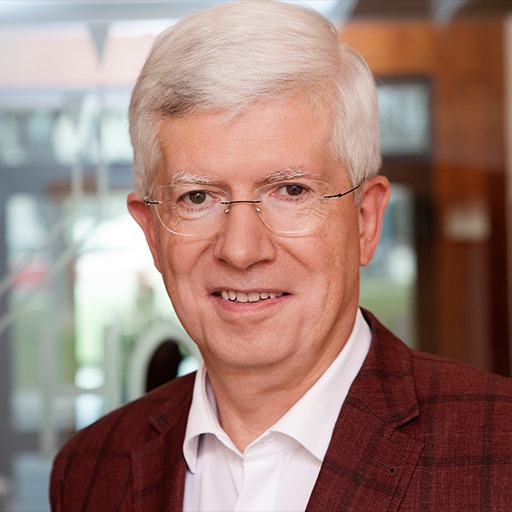
Event Details:
Chair Person: Dr Caitlin Goodwin
Event Type: Regional Meetings
CPD Points: 2
Cost to non Member: R500
Venue Details:
Zoom online:https://us06web.zoom.us/meeting/register/vE_ZyygZRqKTxRUct6UiPw
Description:
Dr Michael Frass presenting on Lung Cancer:
Homeopathic Treatment as an Add-On Therapy May Improve Quality of Life
and Prolong Survival in Patients with Non-Small Cell Lung Cancer: A Prospective, Randomized, Placebo-Controlled, Double-Blind, Three-Arm, Multicenter Study
In this talk, Dr Michael Frass will discuss his research on Homeopathic Treatment as
an Add-On Therapy May Improve Quality of Life and Prolong Survival in Patients
with Non-Small Cell Lung Cancer: A Prospective, Randomized, Placebo-Controlled,
Double-Blind, Three-Arm, Multicenter Study.
The research focuses on the potential benefits of combining conventional medicine
with additive homeopathy in patients with advanced non-small cell lung cancer
(NSCLC). The study, a prospective, randomized, placebo-controlled, double-blind
phase III trial, included 150 stage IV NSCLC patients. Participants were divided into
three groups: one receiving individualized homeopathic treatment, another receiving
a placebo, and a control group receiving no homeopathic treatment. The goal was to
assess the impact of homeopathy on quality of life (QoL) and survival time.
The results demonstrated that patients in the homeopathy group experienced
significant improvements in QoL, functional abilities, and symptom management
compared to the placebo group, with noticeable changes after 9 and 18 weeks of
treatment. Additionally, the median survival time in the homeopathy group was
significantly longer (435 days) compared to the placebo group (257 days) and the
control group (228 days). This suggests that homeopathic treatment not only
improved QoL but also extended survival.
The study concludes that homeopathy, when used alongside conventional
treatments, may offer meaningful benefits in terms of both quality of life and survival
for patients with stage IV NSCLC. It suggests that further research, including studies
on other types of cancer, is needed to validate these findings.